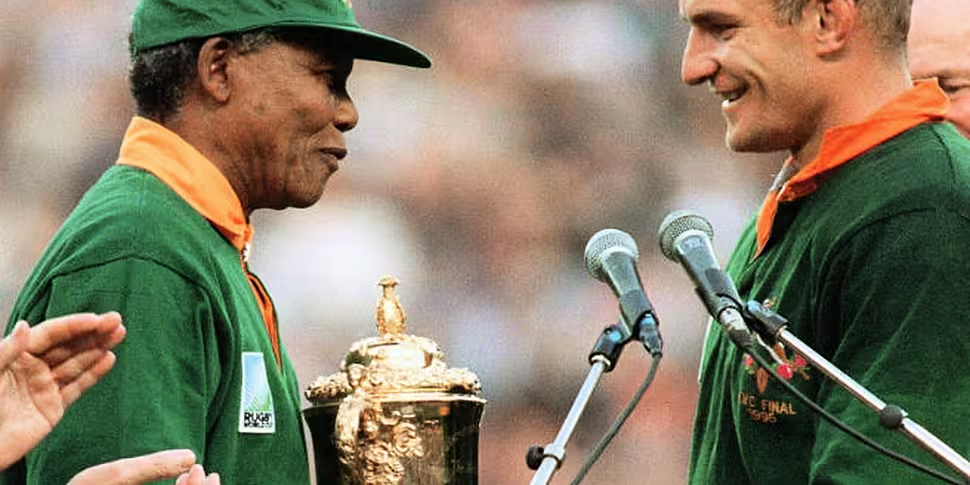As someone obsessed with sport, it is easy to understand the power that it can hold over people.
Unfortunately many of the world's dictators have also been keenly aware of that power and sought to harness it for their own often malign ends.
From Benito Mussolini and his association with Italian football in the 1930s to Francisco Franco's hijacking of Real Madrid's glory years, sport has been used a means to channel popular support and uphold tyrannical regimes.
Recently on Off The Ball we also learned about the way the Gaddafi family provided patronage to sports teams in Libya and how they mistreated those very athletes they were supposed to be supporting.
But one of the incidents that stands out for me is the aftermath of the Chilean Coup of 1973, when suspected leftists and enemies of Augusto Pinochet's junta were herded into the Estadio Nacional de Chile in Santiago to be mercilessly tortured and murdered.
It does not matter where a human being is tortured or murdered. The crime is still the same regardless of location. But a sports stadium is supposed to be a place where people come together to experience athletic prowess.
Thus there is something perverse about the way that location was used to tear a society apart for political ends.
That's what makes Nelson Mandela's relationship with sport so refreshing. Since his passing last night, tributes have poured in from South African athletes such as golfer Ernie Els and former rugby captain Francois Pienaar.
It is the latter which is the shining example. The Springboks had long been a symbol of Apartheid rule but Mandela's decision to wear the team's jersey and present Pienaar with the Webb Ellis Cup at the culmination of the 1995 World Cup was a powerful symbol of reconciliation in a country so divided.
It's a simple message to the successors to Mussolini, Gaddafi and Franco: Hands off the round ball, hands off the oval ball and hands off anything that channels the purest sense of human spirit!









